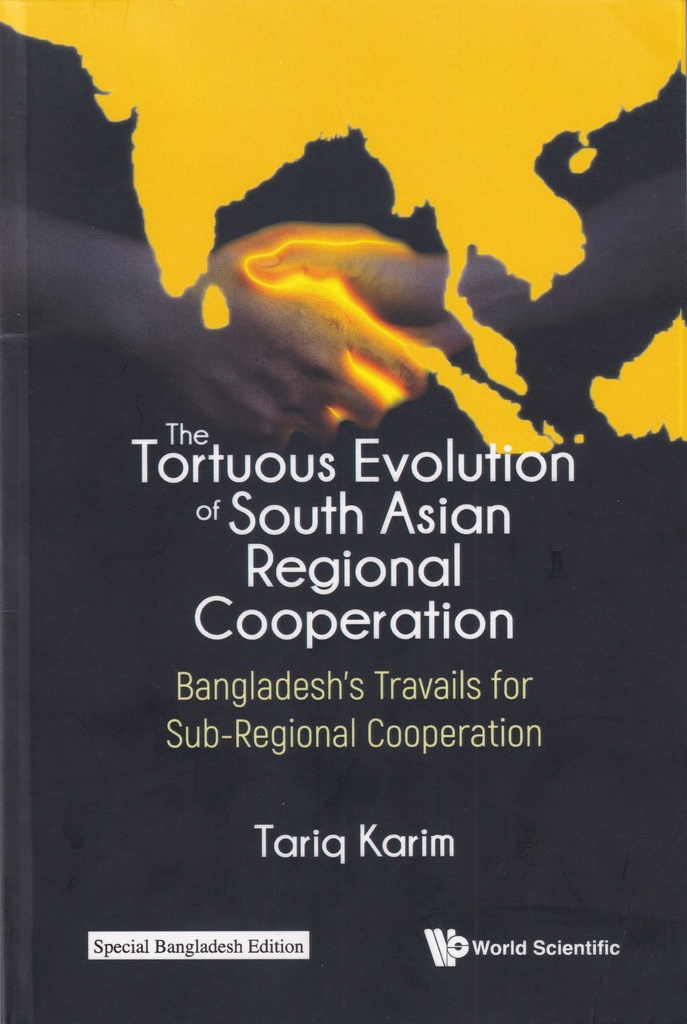
- Shop
- International Relations
- The Tortuous Evolution of South Asian Regional Cooperation
The Tortuous Evolution of South Asian Regional Cooperation
Bangladesh's Travails for Sub-regional Cooperation
Special Bangladesh Edition, This book is for sale in Bangladesh only. https://uplbooks.com/shop/9798886131437-the-tortuous-evolution-of-south-asian-regional-cooperation-22499 https://uplbooks.com/web/image/product.template/22499/image_1920?unique=cba8f79
Tags :
Book Info
The author describes how the Indian subcontinent morphed from having been the most integrated region in the world, for millennia, to be known as South Aua, the least integrated region, overnight. He describes how the former British colonies acquired statehood and emerged after colonial Britain's exit as post-colonial neo-Westphalian states that had all the attributes of a state in the new world order hut lacked stability as states and provides a theoretical framework explaming why this happened. He then describes how these newly partitioned states tried to come together to form a regional grouping for cooperation (SAARC) and why that attempt failed. Through three case studies of the EU, ASEAN and SAARC he makes a comparison between the different forces and dynamics in Europe and Southeast Asia that led to their success in forming regional groupings for economic cooperation and contrasts them with the forces at work within the SAARC states that led to their failure. On the perceived failure of SAARC, some are engaged in a different route to regional cooperation by their attempts at subregional cooperation Within SAARC through the BBIN initiative, which has yielded mixed results. He explains this process in detail through his own personal involvement from the inception of the idea of subregional cooperation in the Bangladesh Foreign Ministry and later close involvement in working for the region's economic integration as an adviser/consultant to the World Bank. He describes in detail the various stages of the process, in which some identified goals have made some progress and others none at all and explains how domestic political dynamics and different foreign policy compulsions can have a negative fallout for everyone trying to engage in such subregional cooperation. He then examines the possibility of subregional cooperation of the BBIN countries linking eastwards within BIMSTEC and beyond, and its possibilities of success. In his prognosis of the future, he posits on some of the things that have prevented the process of coming together and suggests how they need to be addressed.

Tariq Ahmed Karim
Ambassador Tariq Ahmad Karim is currently Director of the Centre for Bay of Bengal Studies at the Independent University, Bangladesh, since December 2020. He is concurrently Visiting Dis unguished Research Fellow at the Institute of South Asian Studies (ISAS) at the National University of Singapore from December 2022 to December 2025. Ambassador Karim is a member of the Advisory Board of the National Bureau of Asian Research (NBR) of Seattle and Washington DC., and Honorary Adviser Emeritus to Commos Foundation, Dhaka. Between 2014 and 2020, he was Advisory Consultant for South Asia Regional Integration & Engagement to the World Bank as well as Strategic Adviser to its South Asia Water Initiative from 2014 until 2020. He was Distinguished Fellow at


